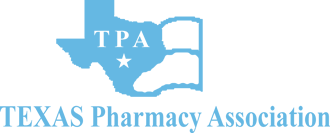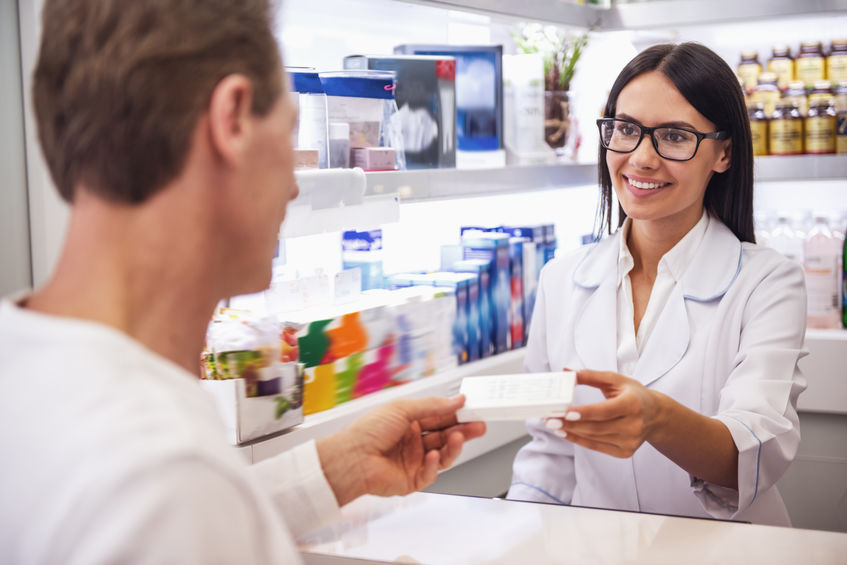Prescriptions Unique To Each Patient
When a commercially-made drug does not adequately meet a patient’s needs, patients may receive a prescription for a compounded medication. Compounded prescriptions are put together by specially-trained pharmacists. Some pharmacies specialize in the practice of compounding and regularly create both sterile and non-sterile compounded prescriptions.

What is compounding?
Pharmaceutical compounding refers to a practice where a licensed pharmacist puts together a prescription formulation designed to meet a patient’s unique needs. This can be helpful for people for a variety of reasons. In some cases, a patient may not be able to tolerate the commercially-available drug, either due to dosage or an intolerance to a specific ingredient. With compounding, patients can get medications that have customized dosages and formulas that exclude nonessential, unwanted components.
Sterile vs non-sterile
In the compound pharmacy world, the difference between sterile and non-sterile compounding is more nuanced than most people typically understand. Sterile compounded medications are intended to be used as injections, infusions, or application to the eye. Non-sterile medications include the production of solutions, suspensions, ointments, creams, powders, suppositories, capsules, and tablets.
Expert knowledge
Compounding pharmacists are licensed to put together these medications by applying knowledge and expertise. Non-sterile dosages are made routinely by these experts. All pharmacies that use compounding are subject to regulations laid out by both state and federal authorities. While all pharmacists are trained in basic compounding skills, some pharmacies specialize in these services and spend the majority of time creating special preparations.
Additional guidelines
In addition to general guidelines by governing bodies, compounding pharmacies follow certain standards that are specific to the practice. These standards provide information regarding the quality, strength, and purity of the ingredients used in compounded medications or supplements. There are sets of criteria to guide both sterile and non-sterile preparations.
Is compounding safe?
Compounding is a safe practice. In particular, compounding is safe because formulas are created to meet specific patient’s needs. For this reason, compounded drugs are not intended for mass production or consumption, but one unique individual. Patients who have any questions about what compounding means should talk to a healthcare provider or pharmacist.
Quality and safety
The quality of any medication is essential to treating an illness safely. When healthcare providers prescribe a compounded drug, this is to make sure that the medicine will be safest and most effective for a specific patient. Pharmacists who create these medications are specifically trained to put together these prescriptions. Compound pharmacies have guidelines provided on both the state and federal level. To learn more about compounding and sterile versus non-sterile classifications, speak with a pharmacist.
RECENT
ARTICLES



Our Patients Say
We pride ourselves on providing exceptional customer service to our community. Here are a few things that the community is saying about us.
Convenient and quality service. Ive never had my prescriptions filled quicker and the pharmacist took the time to tell me about what I was taking.
Excellent experience! Friendly, knowledgeable staff!
I have been a customer since they opened. Julie and Hiten have both treated me with the utmost respect and have always been ready to take care if my needs with a smile




